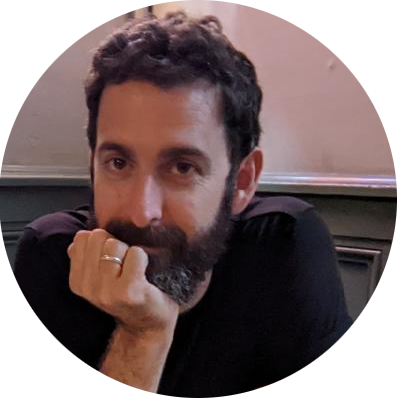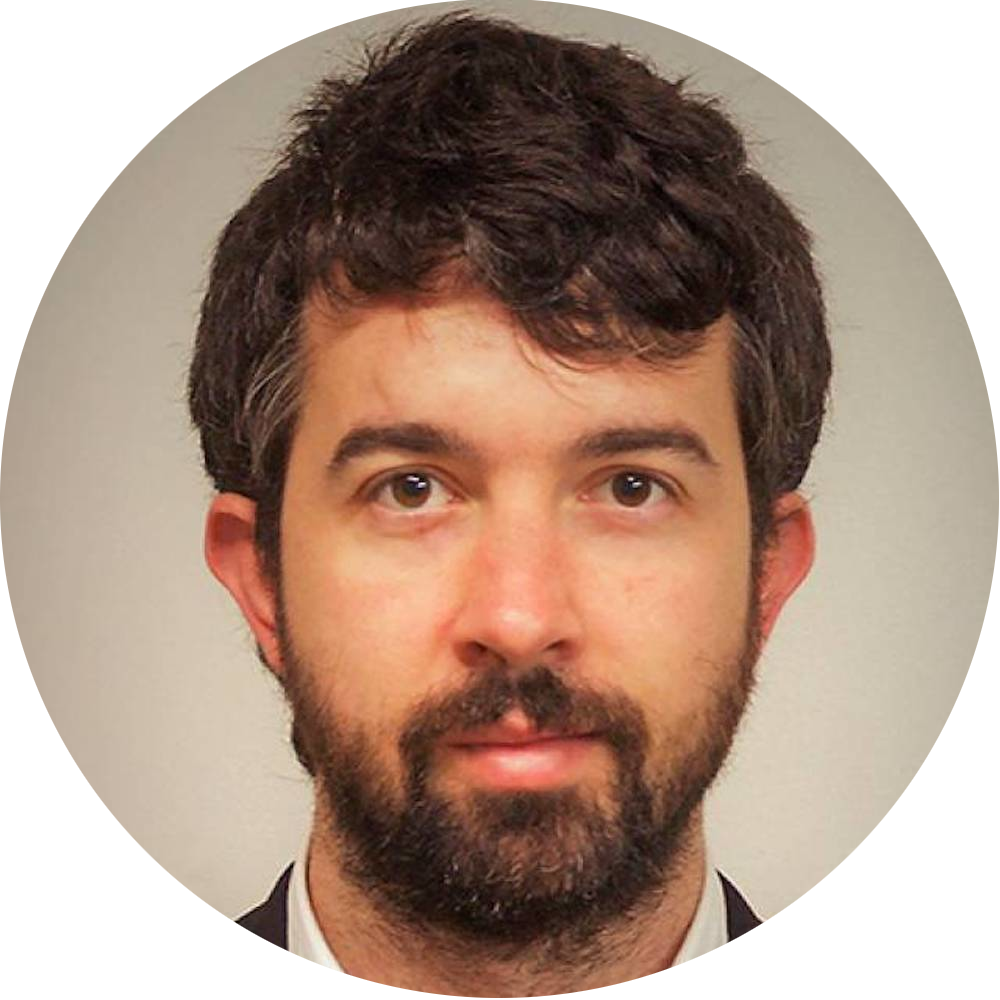
| Home | Program | Call for Abstracts | Contact |
The workshop will be held at the 2025 IEEE ICDL Conference in Prague. Participants need to be registered in order to attend in person.
We will also broadcast the workshop via Zoom for free. Fill out this form to receive the link to attend online.
We invite participants to present their research in short presentations or posters. See Call for Abstracts for details.
In recent years, artificial intelligence (AI) has achieved human or even super-human performance in multiple tasks, namely related to language, computer vision, and abstract reasoning. However, despite this meteoric rise in AI capabilities, many real-world applications that children learn in their first few years of life remain too challenging for robots. This phenomenon is known as Moravec’s paradox: contrary to humans, artificial agents appear to struggle more with seemingly simple sensorimotor behaviors than with abstract reasoning.This difference is rooted in the crucial role the body plays in learning about the world through active exploration and interactions. This first edition of the workshop on the Development of Embodied Cognition (DECO) at the IEEE International Conference on Development and Learning will explore how the body influences learning and cognitive development from the perspectives of neurobiology, psychology, robotics, and machine learning. To this end, the DECO workshop will include presentations by distinguished scientists in each of these fields as well as opportunities for young researchers to present their ongoing projects and a panel discussion.

|
Prof. Dr. Samantha Wood is an Assistant Professor of Informatics and co-director of the “Building a Mind Lab” at Indiana University Bloomington. Her lab's work aims to understand how newborns learn to perceive and understand the world. Using tools from AI, she formalizes theories from psychologyas agent-based models that use deep neural networks to perform the same tasks as humans an animals. Specifically, she situates computational neuroscience models in virtual animal bodies to test how different components of embodied systems (e.g., neural mechanisms, the environment, body morphologies) drive the behavior of an entire organism. By simulating the development of intelligence with AI, she aims to build predictive, integrative, and embodied models for psychology and neuroscience. |
|
Dr. Ori Ossmy is an Associate Professor at the Centre for Brain and Cognitive Development (CBCD), Centre for Educational Neuroscience (CEN), and School of Psychological Sciences at Birkbeck, University of London. He has a BSc in Software Engineering and Computer Science and worked at Microsoft for a decade. He completed a PhD in Neuroscience at Tel Aviv University, working on neural mechanisms underlying the effects of sensorimotor processes on learning. He then worked as a researcher at New York University with Prof. Karen Adolph, before opening his Physical Cognition lab at the University of London as part of the CBCD. Dr. Ossmy's research focuses on how humans' physical and embodied experiences shape their cognition, learning, and behaviour across the lifespan. He takes an integrative approach, combining interdisciplinary perspectives (development, behaviour, neuroscience, motor control, computer science, engineering, rehabilitation), recording methods (fMRI, EEG, EMG, tACS, ECoG, single-unit recordings, eye tracking, motion tracking, virtual reality, video), analytic techniques (time-series analyses, machine learning, robotics), populations (infants to elderly adults, patients), and tasks (manual and locomotor). |

|

|
Prof. Dr. Lorenzo Jamone is an Associate Professor in Robotics & AI at the Department of Computer Science of University College London (UCL), where he leads the CRISP group: Cognitive Robotics and Intelligent Systems for the People. He received the MS degree (honors) in computer engineering from the University of Genoa (2006), and the PhD degree in humanoid technologies from the University of Genoa and the Italian Institute of Technology (2010), in Genoa (Italy). He was Associate Researcher at the Takanishi Laboratory of Waseda University (2010-2012), in Tokyo (Japan), and at the Computer and Robot Vision Laboratory of the Instituto Superior Técnico (2012-2016), in Lisbon (Portugal). He was a Lecturer (2016-2020) and then a Senior Lecturer (2020-2024) in Robotics at the Queen Mary University of London (UK), where he initially funded the CRISP group and he worked within ARQ (Advanced Robotics at Queen Mary). He has over 140 publications with an H-index of 31. His current research interests include cognitive robotics, robot learning, robotic manipulation, tactile sensing. |
Plus contributed presentations and posters !